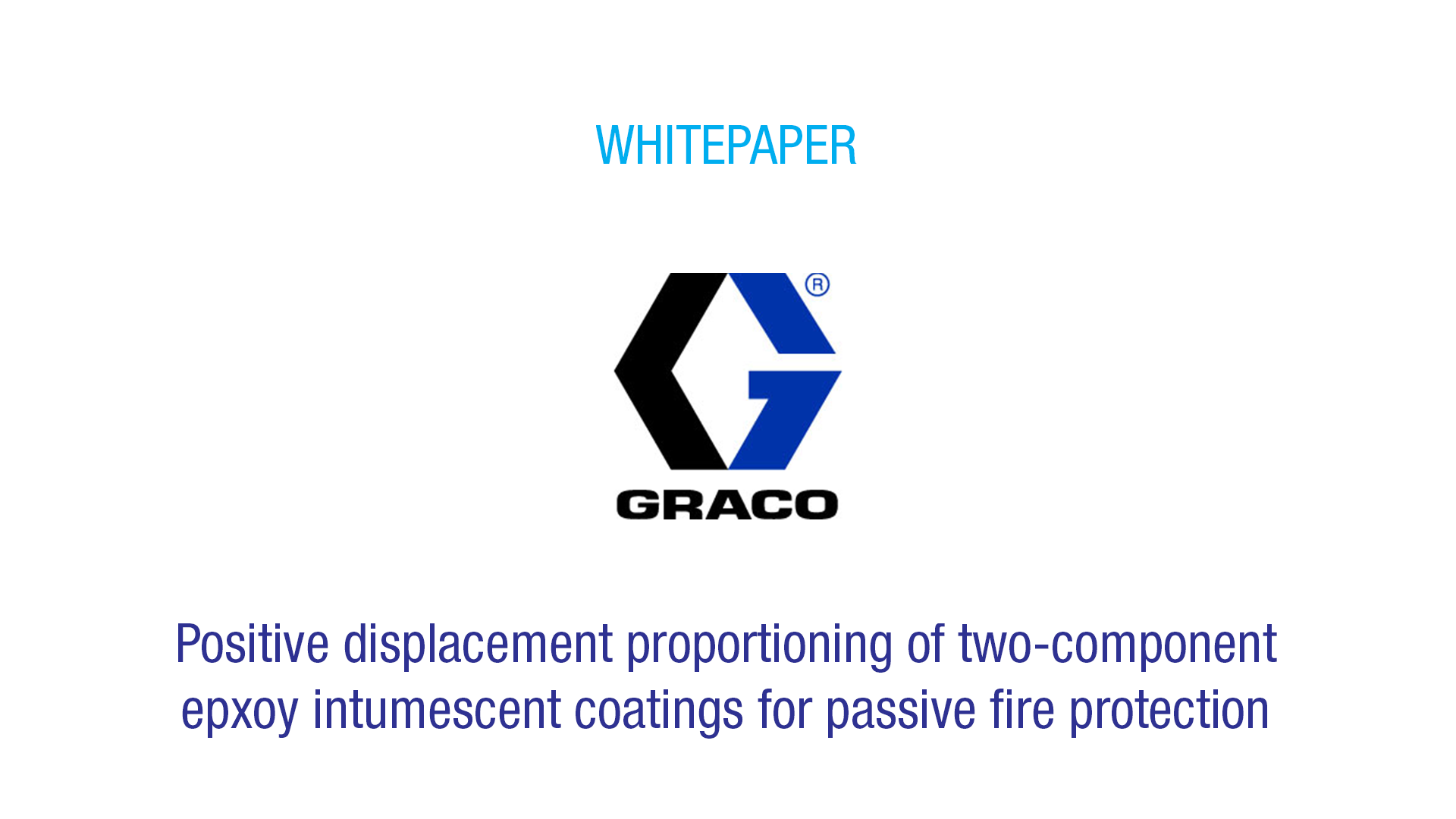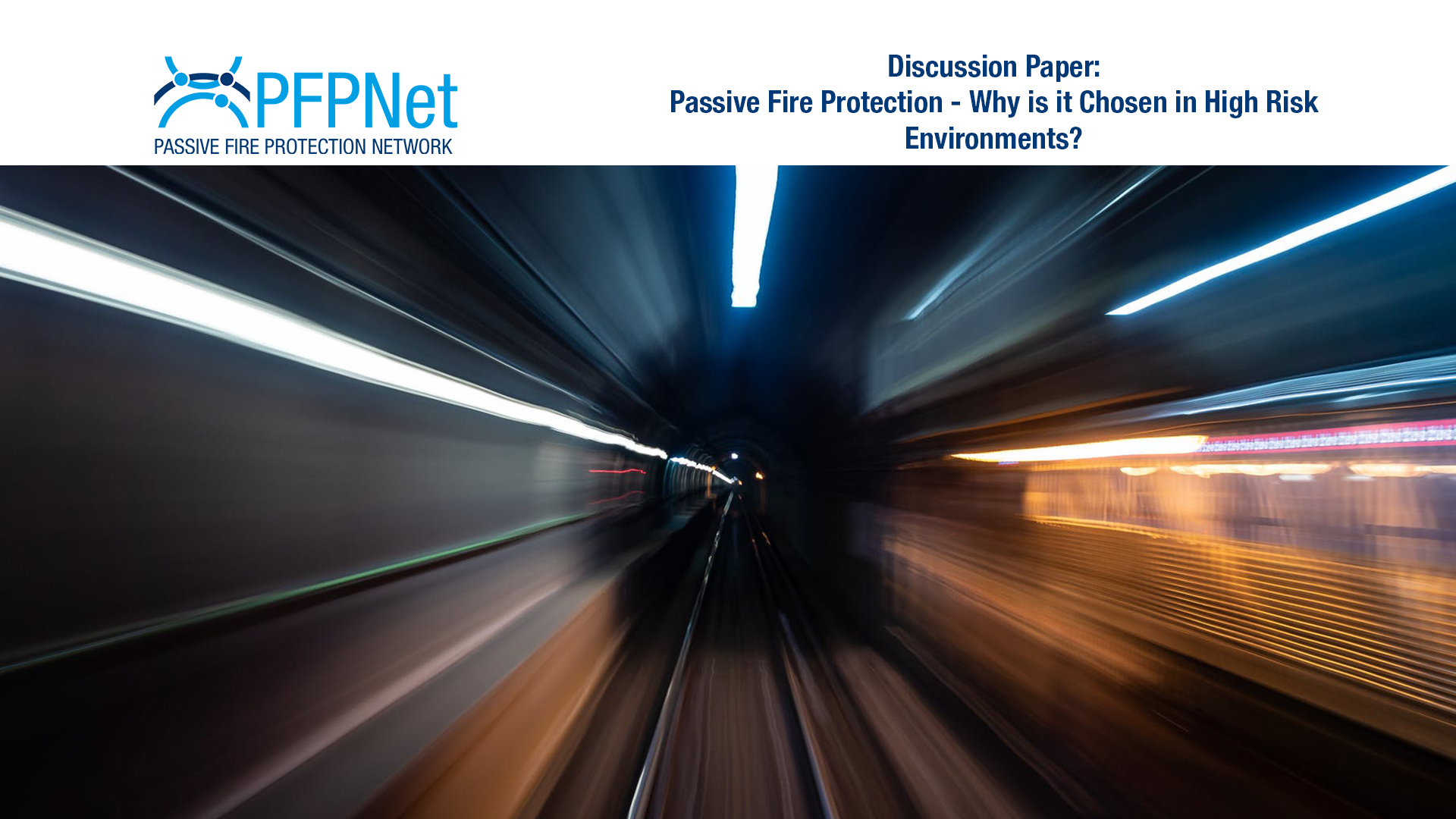New Member – Altera Infrastructure
It gives us great pleasure to announce that Altera Infrastructure have joined PFPNet. Formerly a part of Teekay, Altera are in important addition to our membership. Their ambition is to develop solutions, business models and technology that will meet the changing demands of energy infrastructure - they are driven by their commitment to be at










